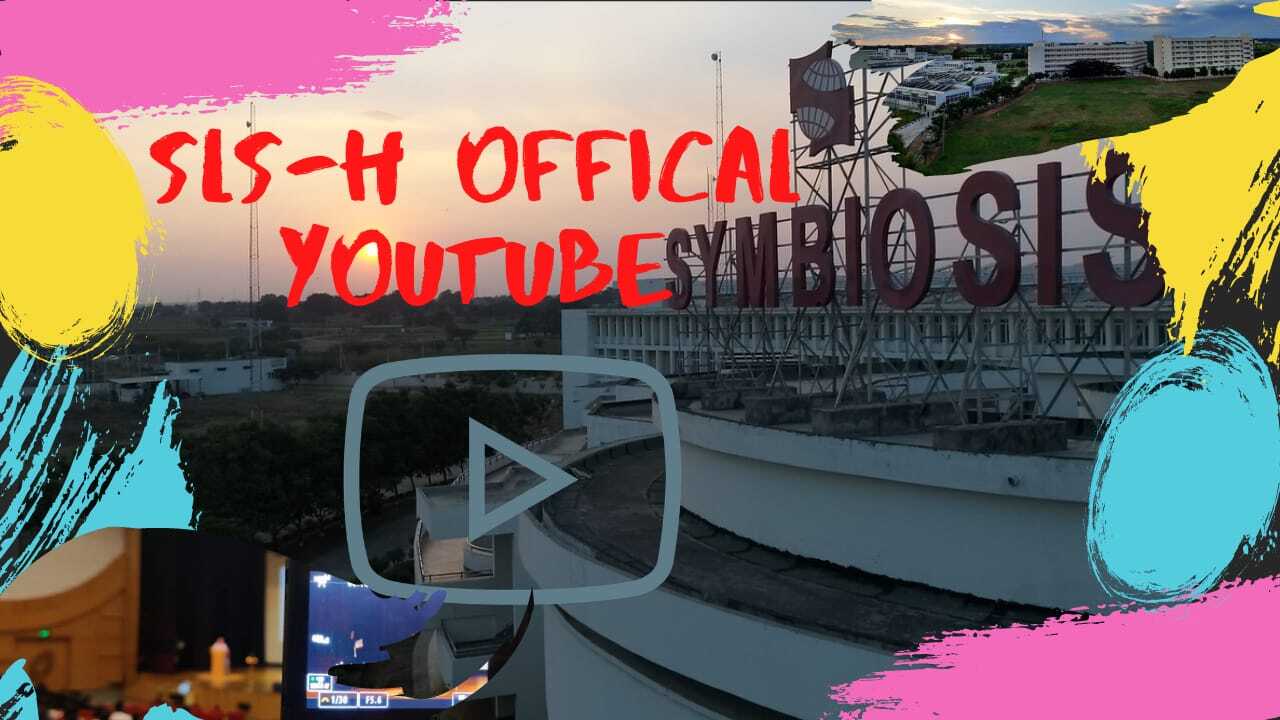Disney has trademarked a popular Swahili phrase, “Hakuna Matata”. While the trademark laws of the U.S. allow such phrases to be trademarked, what are your opinions on the moral or social aspect of such trademarks?
Sejal Chaturvedi
BA LLB, Batch: 2020-2025
Introduction
Trademark is one of the various types of Intellectual property that gives the creator a legal right as same as a right over movable or immovable property.[ii] As the name suggests, the concept of intellectual property means to give due credit to any artistic or non-artistic creation which is unique, and is a result of endless research, hard work, time along with money. These are also the aspects involved in building any movable and immovable property. Hence all these intellectually created designs, taglines, logos, scientific creations etc., should get their owner’s recognition and give them the right to monetize on such creations.
Trademarks are basically a symbol, a phrase having symbolic reference, a product identification design or mark. [iii] The idea behind a trademark is to legally ascertain a unique identification for the business or the product. This is because, in the world of fast-growing consumerism, the visual or audio uniqueness attracts buyers and builds brand value. For instance, the phrase “boost is the secret of my energy” is the milk health drink Boost tagline, which can be classified as a trademark because a layman identifies the product because of the tagline.
The idea of recognizing creations of mind as intellectual property was based on the moral that it takes a man, company, or any brand years and/or a lot of effort to make its brand value and brand name. The world must value creativity like properties and look beyond land, cattle, or shares. Thus, in a way, the idea of recognizing properties created out of mind was kept, having a very vast perspective of morals and justice concerning creativity in business.
It can also be observed that business is not just numbers or profits but a product of numerous minds at work. These minds represent the value systems, society and culture. Thus, in a way, the business also exhibits the cultural setting they work in. For example, the companies at Silicon Valley in the USA have market value created by a set of employees exhibiting expertise in business management, software, Tech etc. Thus, it also exhibits the culture of Silicon Valley. Similarly, the handloom industry of India exhibits the culture of craftsmanship in India. This cultural endowment is of a strong brand value since the world turns to India or buying handcrafted products.
Hence it can be said that cultures make business and businesses monetize culture. In the case of Disney acquiring a Trademark of the phrase Hakuna Matata, there is a strong business ethic and social ethical dilemma. [iv]This phrase was used in their series of Timon and Pumba, wherein a Meerkat and Warthog were seen indulging in daily adventures in the African jungles. This whole comedic series is intellectual property due to the creative minds of scriptwriters, dialogue writers, animators, voice artists, etc. The phrase so used, Hakuna Matata, is brand recognition for this series. The whole catchline went like “Hakuna Matata, Timon and Pumbaa”.
Thus, according to the U.S. trademark laws, this phrase fits into the category of “a suggestive mark”. This is because Hakuna Matata means “there are no troubles or worries”, which is shown as the striking characteristic of both the characters where they live carefreely. But as per linguistics, this phrase is from the Swahili language, which isn’t spoken in America, but in East African nations such as Tanzania, Kenya etc. however, it always ascertained by business experts that this phrase is recognition for this creative product of a comic series, and this is a unique intellectual property so created by the team of Disney. Further, the explanation can state that the characters in this comic series are shown in African forests, so it reflects the area and culture it has used the phrase of. However, on the flip side, there is no reference or mention of Swahili culture in the series, nor is there acceptance of any adaption or inspiration taken from the Swahili community. Further, this phrase isn’t unique because it has persisted and is generic to the people of East Africa, which stands in contradiction to the laws of the country itself, since it established that if anything is too generic or already known, then it shall not be eligible for a trademark.
Conclusion
From a businessman’s perspective, this phrase is attached to the unique series created by a set of writers, animators’ directors etc. Hence it is of a strong brand and product value, over which he must have rights of monetization and global recognition. However, morally, it stands against and is unfair to the Swahili people as their culture is represented in an American series without any reference or accurate representation to their society. Further, if one digs deep into understanding the need for such rights, it is for giving the creator its due credit, and here, in this case, the actual creator Swahili community is not even in the written credits of the series. Further, in the light of recognizing intellectual property rights, attaching any phrase, design, or identification belonging to someone else to your unique creation undermines the whole purpose of giving such things legal backing. Thus, without indicating a reference to the Swahili community, usage of this phrase on social and moral grounds (used by the law itself) is an infringement of the intellectual property rights of the whole community.
References
[i] Overview of Trademark Law, Cyber. Harvard.edu, (2019).
[ii] Arpan Sinha, Intellectual Property Rights in India, (2018).
[iii] Alexander Webb, The difference between Copyright, trademark and patent, (2019).
[iv] Hursey Williams, U.S Trademark Law, (2020).

